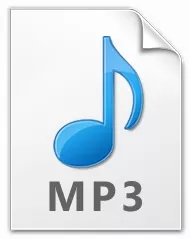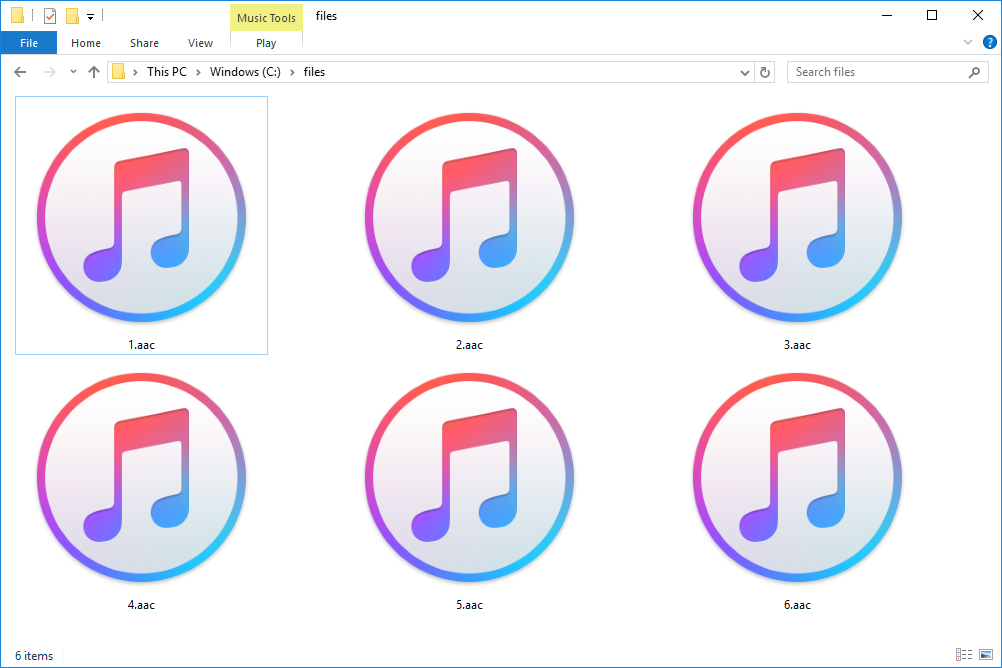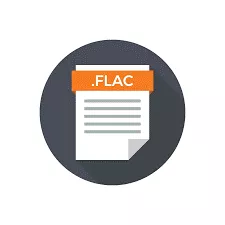Audio files have been with us for a long time; either music, sound effects, voice recordings, audiobooks, etc. Bottom line is that they are not something new to us, especially in the twenty first century, and neither is sending them. We all know what audio files are, and we all even have made one or listened to one in today’s digital world. This is no surprise to anyone. However, did you know that there are different types of audio files? Bigg.ly is here to list you the different types in order to help you understand more.
Each different type of audio file has its own benefits and disadvantages. With this blog post, you will learn which type of audio file is the best for which tasks, which will help you save time, money, and headaches from errors. There are many different types of audio files. However, today we will talk about three of them. Let’s start!

1- MP3 audio files.
If you have heard of an audio file type, I’m pretty sure its MP3. They are also the most popular type of lossy format which are the audio formats that lose data in the process of transmission. They are known to be the most popular type since MP3s work on almost any device. To start with, MP3 stands for MPEG-1 Audio Layer 3 and came to life in 1993. Although they are not the best in keeping the sound quality, they ensure the small file size. MP3 files are mostly known for storing music on devices, remember MP3 players?

2- ACC format.
An alternative to MP3 files were created by apple in 1997. These formats generally have better sound quality and are used for apple music streaming. ACC stands for Advanced Audio Coding and is a file format which allows you to store digital audios. As mentioned, they are mostly popular for storing the audio files on the internet, cellphones, and computers/laptops. So, in case you were wondering what type of audio Apple’s iTunes store has, now you know your answer.
Nowadays, there is an even better version of ACC format known as AAC+ and AAC++.

3- FLAC format.
FLAC stands for Free Lossless Audio Codec. Yes, you read that right, FREE! Although FLAC Is said to be a lesser used audio file, it has some advantages. For example, by using FLAC audio format, you do not have to worry in losing the original quality of the audio since the file is compressed into a much smaller size than the original file. This way, you can save space and time (in both downloading and uploading) while using a FLAC audio format.
However, let me tell you why many don’t use the FLAC format. In order for FLAC audio files to function, they are required to have special downloads. To explain it even more, imagine sharing an audio format, where the receiver can not access it due to the absence of specific downloads. This is why FLAC is usually said to be inconvenient.
Bigg.ly has many more blogs that break down many different subjects and makes it much easier for you to understand. Visit out website to learn more!
Want to know more about file-sharing tools? Follow Bigg.ly for more informative blogs.